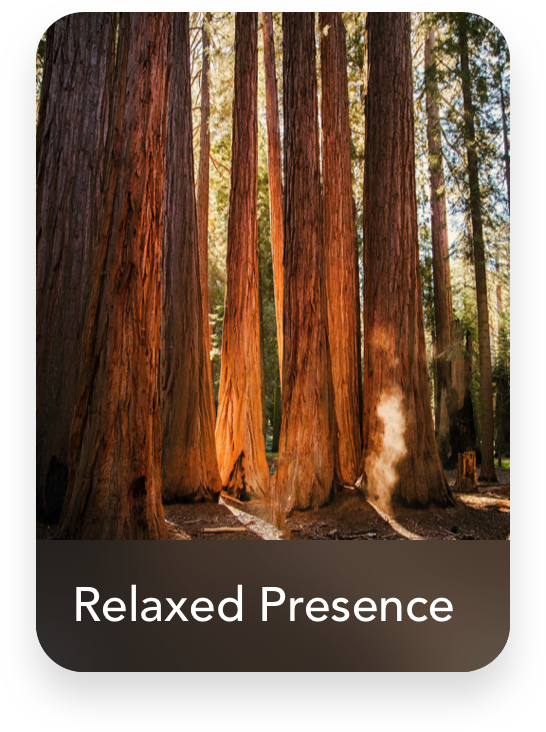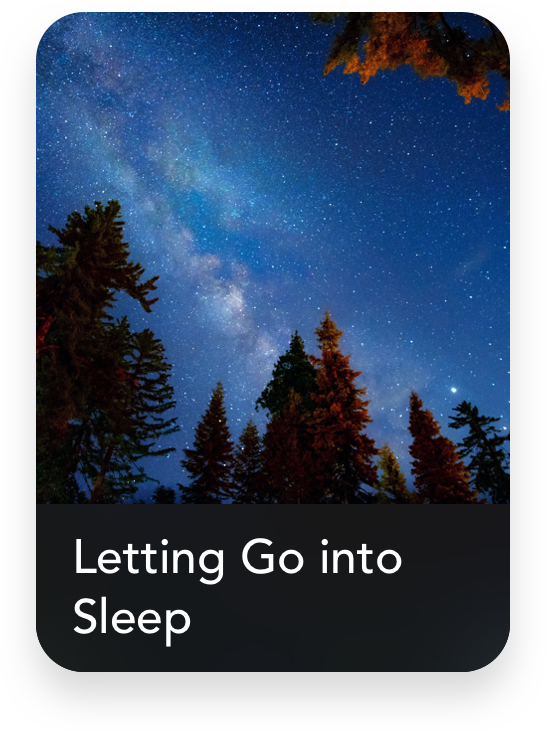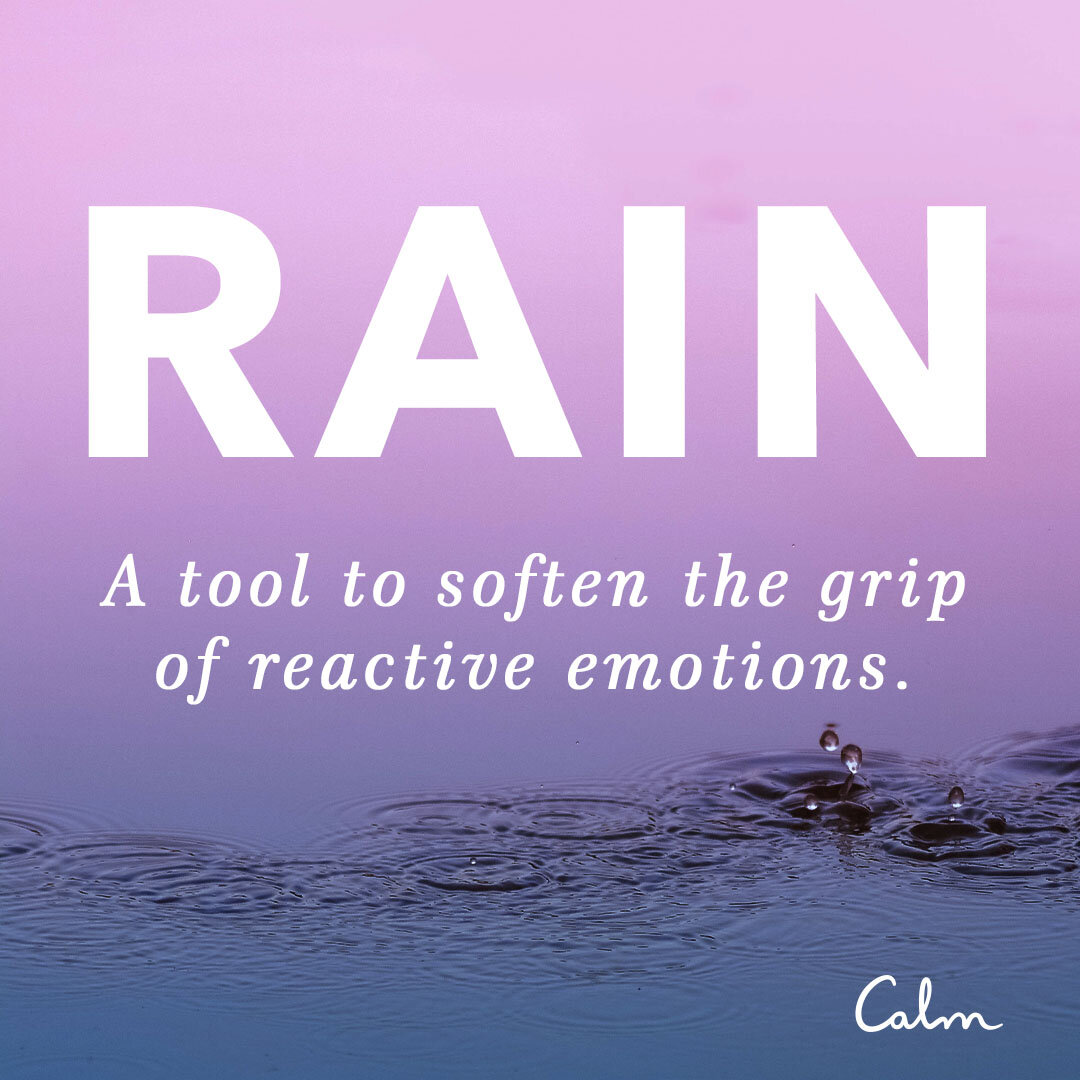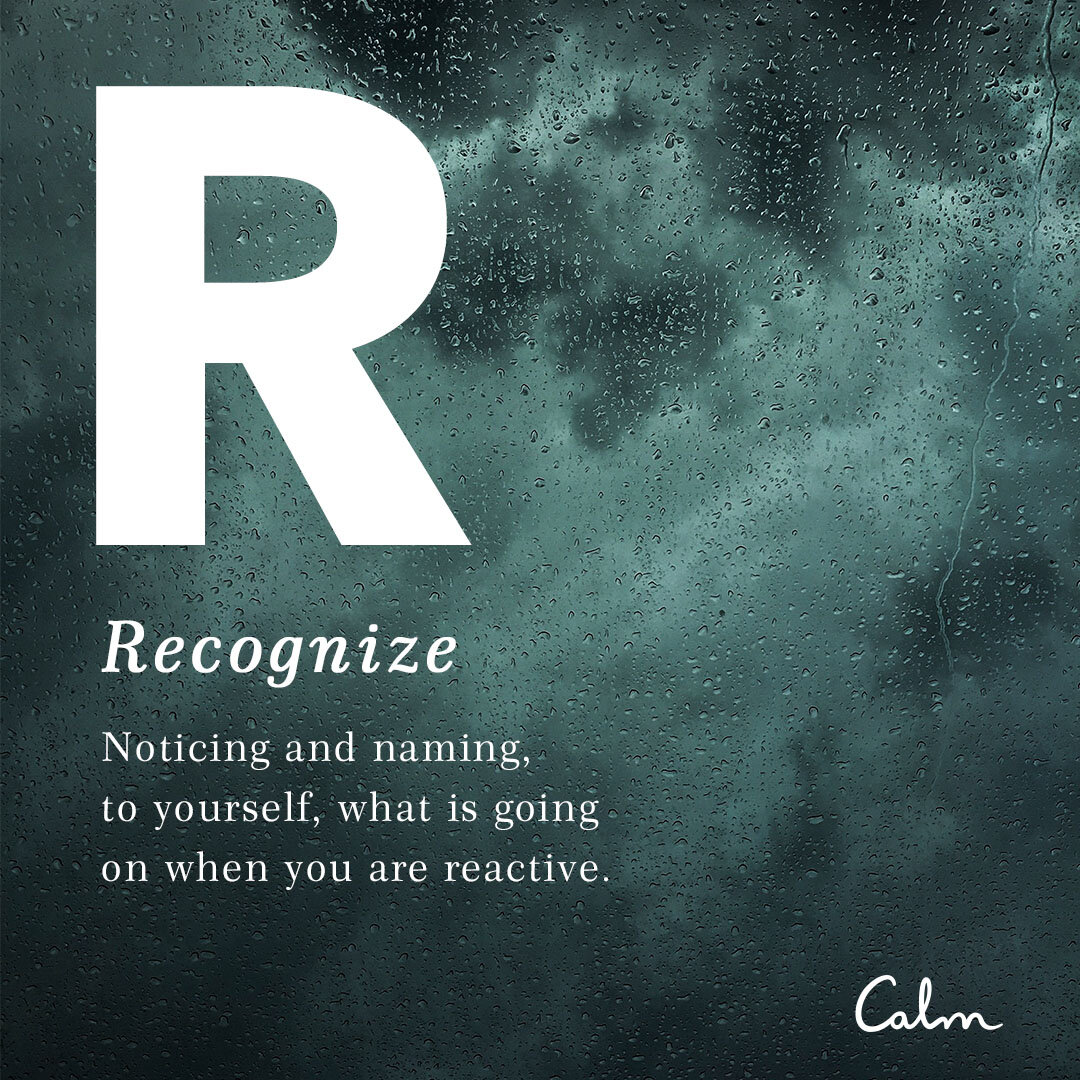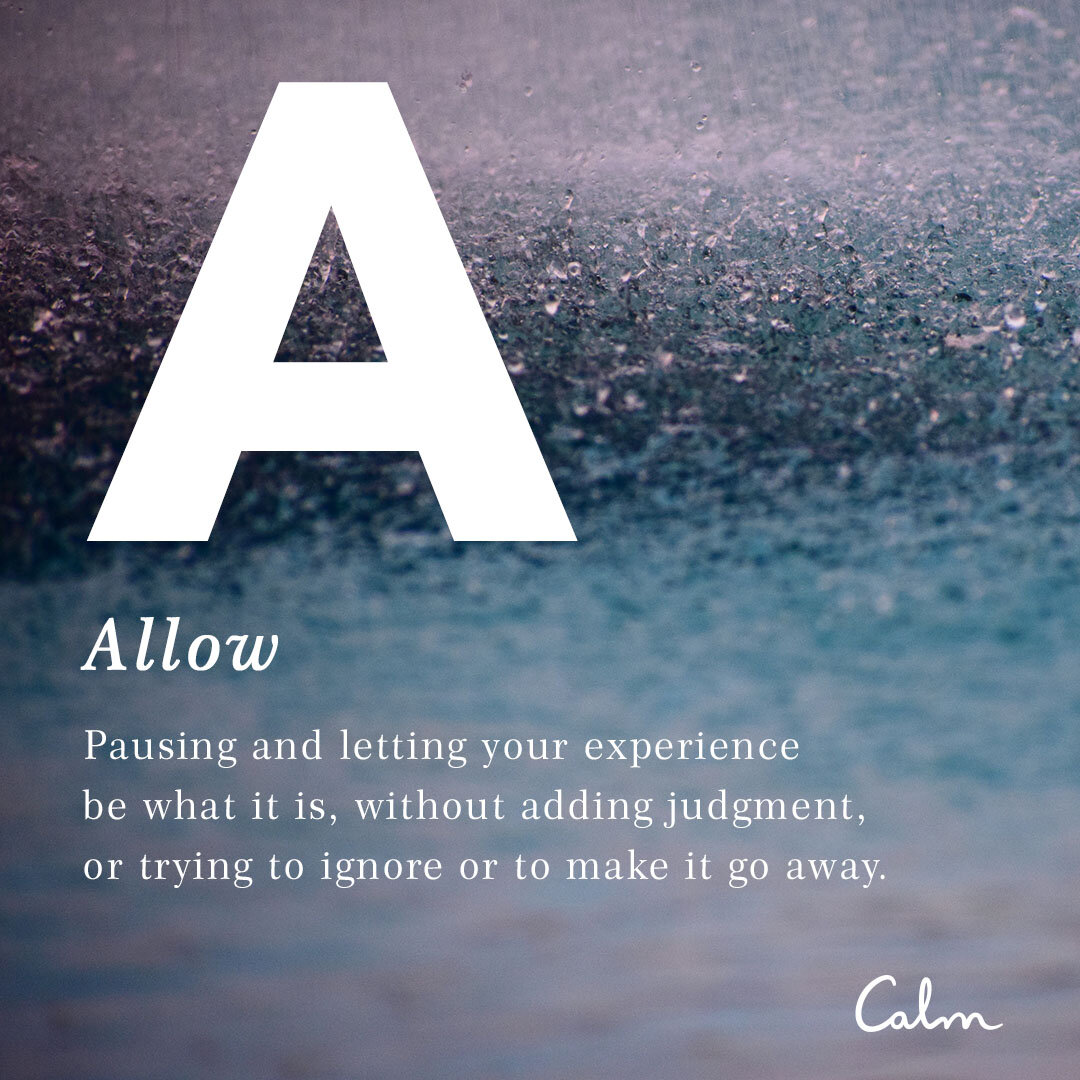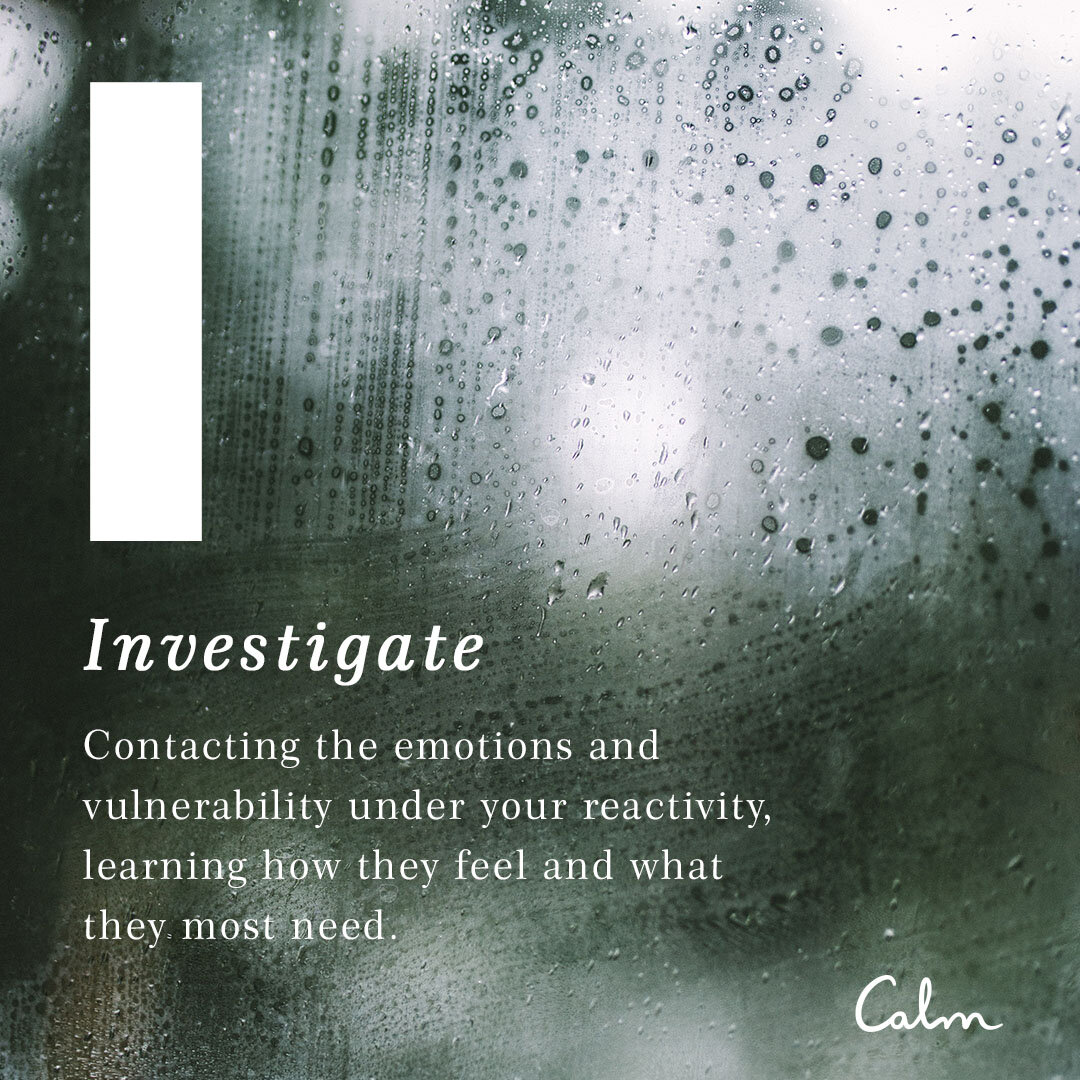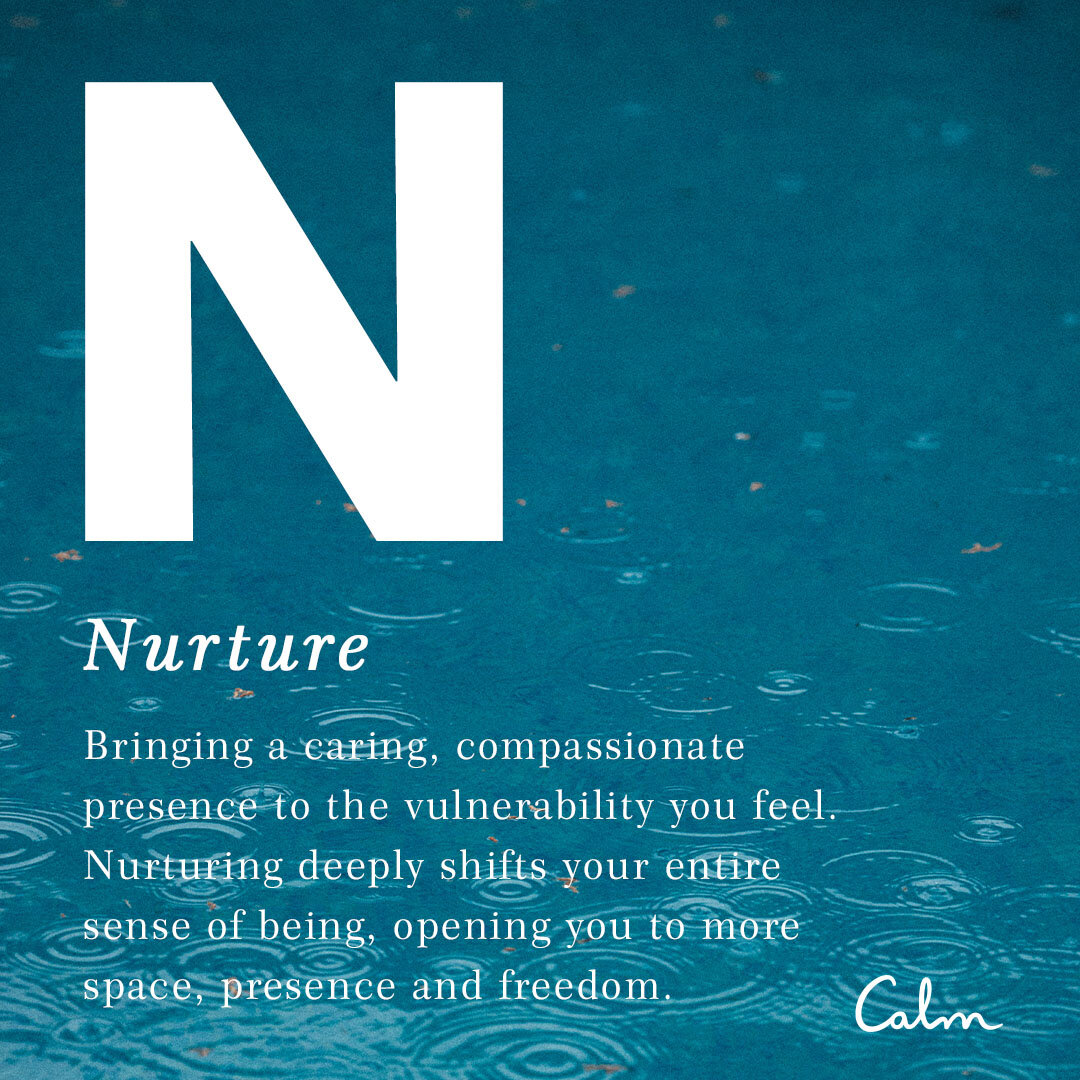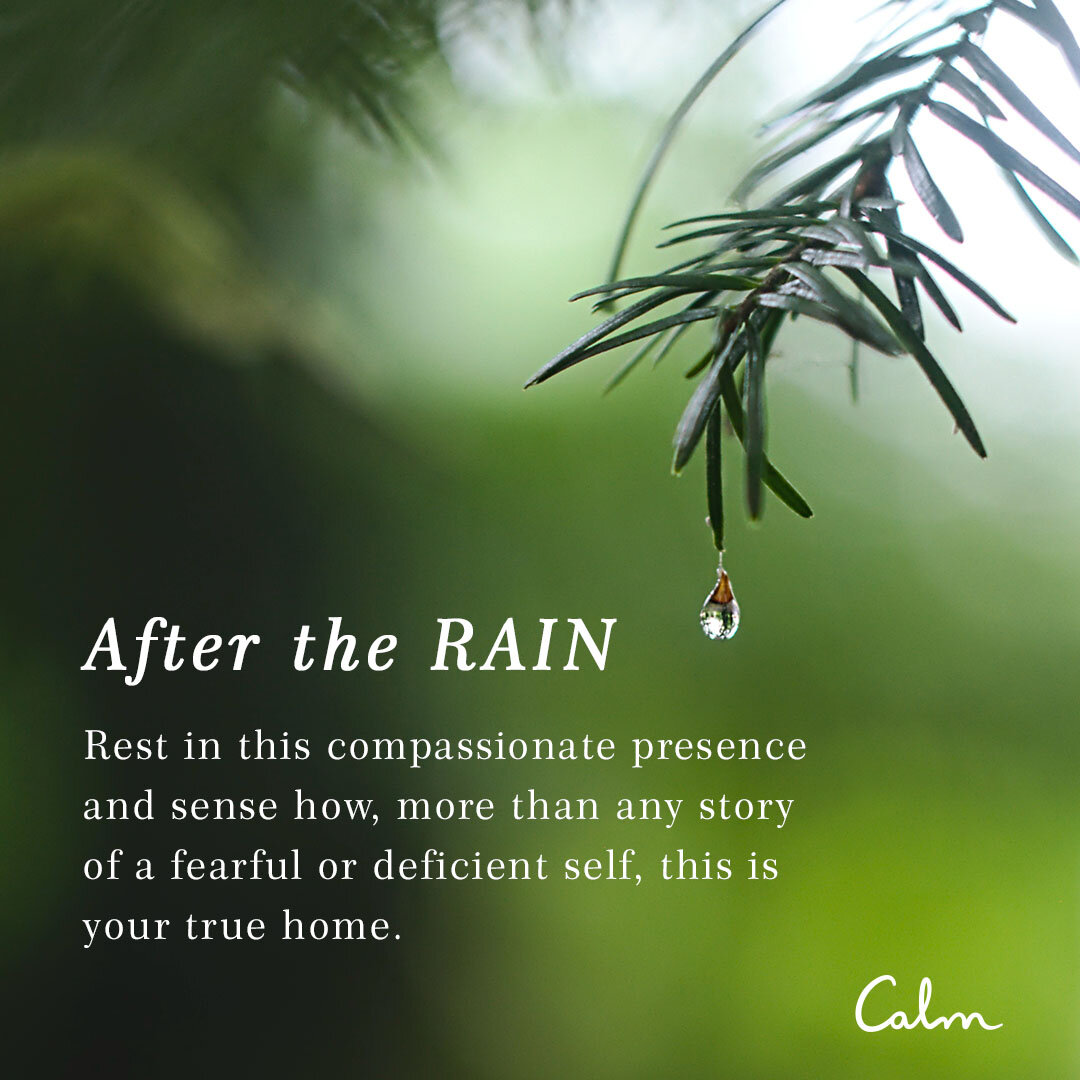Coming home to your heart: Tara Brach brings powerful new meditations to the Calm app.
We're honored to welcome Tara Brach, meditation teacher and author to our evergrowing family of meditation teachers in the Calm app.
She’s created 3 meditations to help you train your heart and mind in unconditional and loving presence. One of them is even designed to guide you into a peaceful sleep.
Saying Yes to Life
Awaken to full aliveness by embracing your moments with a kind, wise and open heart.
Relaxed Presence
Shift from head to heart, and awaken your capacity for confidence, ease and undefended loving.
Letting Go into Sleep
Release anxiety and discover a place of inner safety and peace.
We sat down with Tara to learn about her mediation journey and ask for a few mindfulness tips!
Why did you start meditating?
I started taking yoga and meditation classes during junior year of college. I’d been active in the peace, social justice, and human rights movement and realized that, without a shift in consciousness, there could be no authentic societal transformation.
This recognition also applied to my personal life. I was caught in what I call the trance of unworthiness and I intuited that meditation would help me relax self-judgment, calm my fears and relate to myself with more kindness. More deeply, I had a spiritual yearning to realize truth and to love more fully, and I sensed that learning to quiet my mind and open my heart would bring true fulfillment.
Why do you think it’s important for people to meditate today?
Our sickness is homesickness—we are often not at home with ourselves. Instead, we relate inwardly with self-judgment and, often, aversion. As one dying woman put it: “I always thought something was wrong with me.” Our self-doubt and fears of failure block genuine intimacy with others. And on a societal level, un-faced fears fuel a world filled with contempt, anger, mistrust and violence toward those considered different and inferior.
To return home—to our hearts and full intelligence—we need a way of quieting our minds, awakening our senses and relating with kindness to what is inside us. This compassionate presence will then naturally extend to others. Even a short amount of meditation each day strengthens the pathway of homecoming and gives us access to increasing confidence and clarity, wisdom and love.
Have you ever had any struggles with your practice in the beginning? What do you still struggle with today?
My most challenging season was after the birth of my son. I was tired a lot and my practice became spotty. When he was about 3 months old, it became clear that on days when I didn’t practice, I was more down on myself and emotionally reactive.
So, I made a deal with myself. I committed to practicing every day, no matter what. But I gave myself a back door: It didn’t matter how long. On many days, simply knowing I could come into stillness, take a few mindful breaths and offer a prayer (this counts!) convinced me to pause.
Taking the time each day to come home to presence feels like a gift to the soul. I recommend this commitment to everyone.
You teach a meditation based on the acronym RAIN that has become hugely popular amongst mental health professionals and laypeople. What is RAIN and how does it work?
We all get stuck in painful emotions like anger, fear and shame, and when we’re stuck, it’s very difficult to call on meditation. RAIN gives us an easy-to-remember tool for awakening mindfulness and self-compassion and applying them to the fear, anger and shame that often control our life.
The R of RAIN is Recognize - noticing and naming, to yourself, what is going on when you are reactive.
The A is Allow – pausing and letting your experience be what it is, without adding judgment, or trying to ignore or to make it go away.
The I is Investigate - contacting the emotions and vulnerability under your reactivity, learning how they feel and what they most need.
The N is Nurture - bringing a caring, compassionate presence to the vulnerability you feel. Nurturing deeply shifts your entire sense of being, opening you to more space, presence and freedom.
In the final step— After the RAIN— you rest in this compassionate presence and sense how, more than any story of a fearful or deficient self, this is your true home. This is the gift of RAIN: It frees you from the grip of reactive emotions, and guides you to your wisest and most loving self.
Those interested will find guided meditations and many other free RAIN resources on my website, and an in-depth exploration of the practice in my upcoming book, Radical Compassion. (Viking 2020)
What piece of advice do you wish someone had given you when you started meditating?
One piece of advice would be: Don’t believe your thoughts!
So much suffering comes from assuming that our thoughts are reality. When we meditate, it’s natural that we repeatedly drift into thinking. The real trap is when our thoughts hook us, and we believe their messages of judgment or blame.
Mindfully remembering that thoughts are “just thoughts”—that they are conditioned sound-bites and image — reduces their power and gives us much more wisdom in how we navigate our life.
A related piece of advice would be: Look for and trust the goodness in yourself and others.
We are habituated by our evolutionary negativity bias to fixate on flaws. To counter this and awaken our heart, we need to dedicate ourselves to looking for the brightness, creativity, kindness, aliveness and wisdom that shines through all beings.
One of the deepest ways to love someone is to remind them of their goodness…to be a mirror of goodness…it brings it out!
About Tara Brach
Tara Brach, Ph.D is an internationally known meditation teacher and author of bestselling Radical Acceptance. She is founder of the Insight Meditation Community of Washington DC and offers a popular weekly podcast that is downloaded more than 1.5 million times per month in 223 countries. She is active in bringing meditation into DC area schools, prisons and to underserved populations. Tara, along with her colleague Jack Kornfield, offers an online training certification program for teaching mindfulness and meditation.


